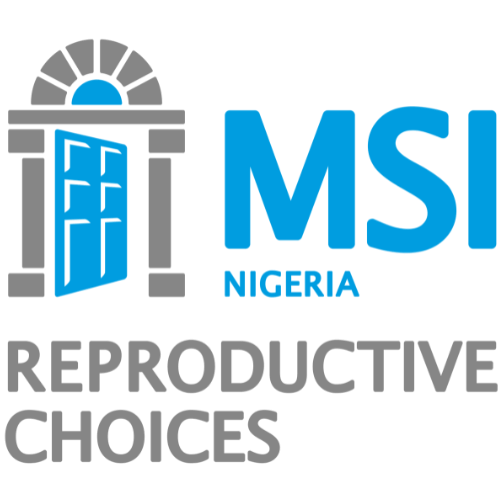
Menstruation Counselling
Do you have questions? we’ve got answers
Menstruation is the shedding of the lining of the uterus (endometrium) accompanied by bleeding. It occurs in approximately monthly cycles throughout a woman’s reproductive life, except during pregnancy.
Menstruation starts during puberty (at menarche) and stops permanently at menopause.
By definition, the menstrual cycle begins with the first day of bleeding, which is counted as day 1. The cycle ends just before the next menstrual period. Menstrual cycles normally range from about 24 to 38 days. Some persons experience longer or shorter than the normal range. Usually, the cycles vary the most and the intervals between periods are longest in the years immediately after menstruation starts (menarche) and before menopause.
If you’re ready to visit us, book an appointment to reduce your waiting time at the clinic.
Once you’ve filled out the form, a member of the team will be in touch to confirm your appointment.
What happens during Menstruation Counselling?
During a menstrual counseling appointment, you can expect a supportive and informative environment where you can discuss various aspects of menstruation with our service provider. Here are some common topics that may be covered during a menstruation counseling appointment:
- Menstrual cycle education: Understanding the menstrual cycle, including the phases (follicular, ovulation, luteal, menstruation), hormone fluctuations, and typical cycle length.
- Menstrual hygiene: Proper techniques for managing menstrual hygiene, including the use of menstrual products such as sanitary pads, tampons, menstrual cups, or period underwear.
- Menstrual disorders and symptoms: Discussion of common menstrual disorders such as dysmenorrhea (painful periods), menorrhagia (heavy menstrual bleeding), amenorrhea (absence of menstruation), and premenstrual syndrome (PMS).
- Hormonal contraception: Information about various forms of hormonal contraception, such as birth control pills, patches, injections, or hormonal IUDs.
- Menstrual irregularities: Assessment and management of irregular menstrual cycles, including potential causes and treatment options.
- Menstrual pain management: Strategies for managing menstrual cramps and discomfort, including over-the-counter pain relievers, lifestyle changes, and alternative therapies.
- Menstrual cycle tracking: Guidance on how to track menstrual cycles, including methods such as calendar tracking, smartphone apps, or using fertility awareness methods.
- Emotional support: Providing support and addressing any emotional concerns or psychological effects related to menstruation, such as anxiety, depression, or body image issues.
- Fertility and reproductive health: Information about fertility awareness, ovulation tracking, and family planning options for individuals who are trying to conceive or prevent pregnancy.
- Lifestyle factors: Discussion of how factors such as diet, exercise, stress, and sleep may impact the menstrual cycle and overall menstrual health.


Overall, the goal of menstruation counseling is to empower individuals with knowledge and resources to better understand and manage their menstrual health and well-being. The specific topics covered may vary based on individual needs, concerns, and goals.
You can rest assured that any care you receive will be tailored to suit your needs.
We’ll also give you information to help you prepare for birth and beyond.
What happens after Menstruation Counselling?
After a menstrual counseling session, there are several potential outcomes and next steps such as education and awareness, treatment plan, follow-up appointments, referrals and self-care strategies.
Want to learn more about our menstruation counselling?
Give us a call today on:





